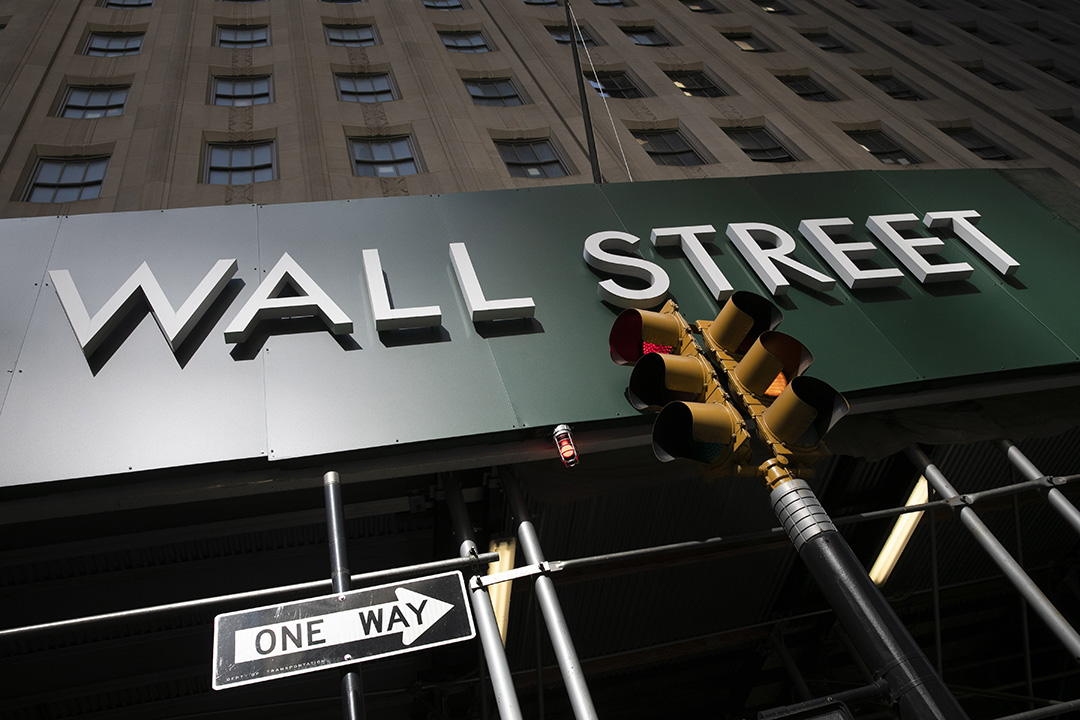

Stocks are expected to rise today as a virtual flood of good news has hit the trading screens. And while you have to put it all into perspective that a lot of this better-than-expected economic news is compared to two months of people lockdowns and business closures, the best bit is that it is better-than-expected readings.
I’m wondering if the stock market is right to be so optimistic about our economic future. Will this mean decisions from various companies, such as the banks, might change so they could pay better dividends this year and next than we thought a few months ago when the Coronavirus came to town?
Let’s look at the good news that rolled out overnight:
Against that, CNBC runs with the headline: “IMF set to slash economic forecasts and warns of a crisis ‘unlike anything the world has seen!’”
Now that’s a contrast and a half and so I have to hope the IMF’s historically unreliable forecasts conform with its usual form.
Right now, the stock market and the economists and company analysts that create the reports and the investment assessments have a much more positive view on outlook for major economies and their leading companies and that’s for a few reasons. And here they are:
It’s a mega battle between hope and optimism and usual negativity and pessimism that often dominates our thinking and media outlets.
I simply argue that the chances of better than expected outcomes for our economy, the global economy and shares are a lot more rosy today than two, four, six and eight weeks ago and this is why stock markets are spiking at the moment.
The only two curve balls to watch and worry about are how second-wave infections go and what governments do to respond. The US Treasury Secretary, Steve Mnuchin says there won’t be a second-wave lockdown of the economy and that has helped stocks as well.
Given the current run of data and outlooks mostly tending to the positive, does this mean we should see companies with better-than-expected profit or loss results? And does that mean the negativity on dividends could be a tad overdone?
In this week’s Switzer TV Investing programme, Paul Rickard named five stocks he thinks will be reliable dividend-payers other than the banks and Telstra, which many dividend-chasers go after. Paul thinks because of the Coronavirus we should be expect a dividend return of around 3.5% to 4% plus franking. And that’s a lot down on past expectations where 5% to 6% plus franking was pretty gettable.
The expected impact of the virus on the economy has crushed dividends and APRA pretty well warned the banks to get stingy on their precious dividends that investors have loved.
And while you can’t expect good dividend news during the August-September reporting season, when it comes to February and if this current good news on the economy proves to be true and sustainable, then we could see a comeback for dividends early next year.
(By the way, if you are not in the dividend-chasing caper and you’re more interested in speculative stocks, then Julia Lee looked at exactly that on this week’s show as well.)